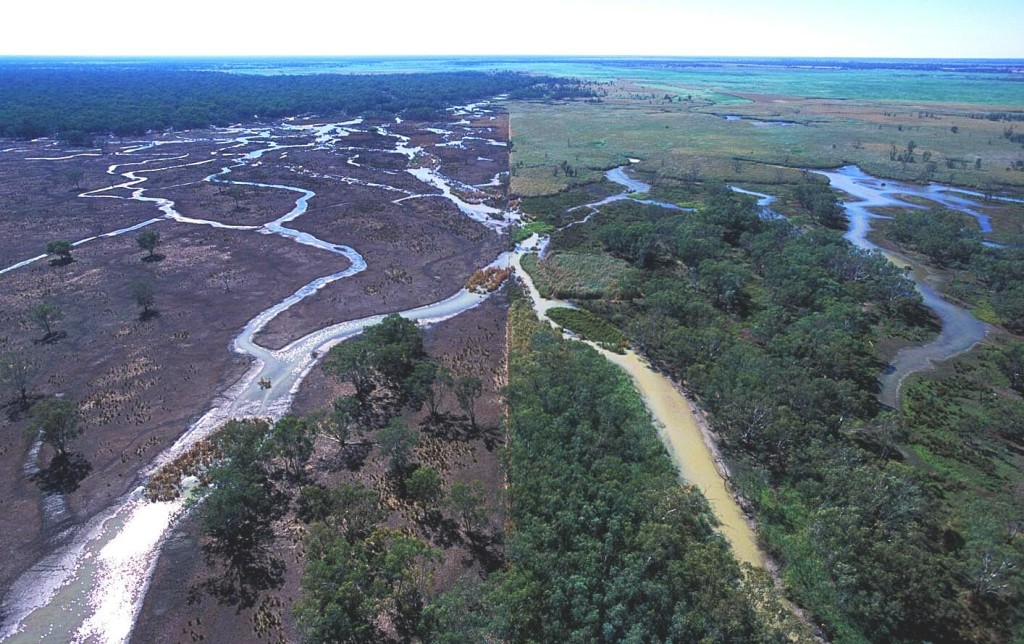What are some well-evidenced effects that animal agriculture has on the environment? A good answer would provide summaries of the key effects along with strong references to back up the claims.
1 Answer
Here are some quotes and data points from reputable sources on the environmental effects of animal agriculture:
Food and Agriculture Organisation of the United Nations: “The livestock sector emerges as one of the top two or three most significant contributors to the most serious environmental problems, at every scale from local to global.” and “The livestock sector is a major stressor on many ecosystems and on the planet as a whole. Globally it is one of the largest sources of greenhouse gasses and one of the leading causal factors in the loss of biodiversity, while in developed and emerging countries it is perhaps the leading source of water pollution.” (source) and “As a large user of natural resources and contributor to climate change, the livestock sector needs to address its environmental footprint.” (Source: Gerber, P. J., H. Steinfeld, B. Henderson, A. Mottet, C. Opio, J. Dijkman, A. Falcucci and G. Tempio. 2013. Tackling climate change through livestock – a global assessmaent of emissions and mitigation opportunities. Food and Agriculture Organization of the United Nations)
30% of the word’s total ice-free land surface is used to solely to support animals grown for meat, eggs or dairy products (source). In Australia more than 50% of the natural vegetation has been turned to grazing, primarily for cattle (source). In Brazil, 70% of all original rain-forest has been destroyed for grazing (source).
Australian Bureau of Statistics: “Grazing accounts for just over half of all land use. Environmental issues associated with sheep and cattle grazing include habitat loss, surface soil loss, salinity, and soil and water quality issues.” (source)
Center for Biological Diversity (USA): “Cattle destroy native vegetation, damage soils and stream banks, and contaminate waterways with fecal waste. After decades of livestock grazing, once-lush streams and riparian forests have been reduced to flat, dry wastelands; once-rich topsoil has been turned to dust, causing soil erosion, stream sedimentation and wholesale elimination of some aquatic habitats” (source)
The sixth mass extinction has been attributed primarily to meat consumption. In the paper "Biodiversity conservation: The key is reducing meat consumption", Machonvina et al. state: "The projected land base required by 2050 to support livestock production in several megadiverse countries exceeds 30–50% of their current agricultural areas. Livestock production is also a leading cause of climate change, soil loss, water and nutrient pollution, and decreases of apex predators and wild herbivores, compounding pressures on ecosystems and biodiversity. It is possible to greatly reduce the impacts of animal product consumption by humans on natural ecosystems and biodiversity while meeting nutritional needs of people, including the projected 2–3 billion people to be added to human population."
Destruction of tropical rainforest: "Expanding livestock production is one of the main drivers of the destruction of tropical rain forests in Latin America, which is causing serious environmental degradation in the region. [...] Ranching-induced deforestation is one of the main causes of loss of some unique plant and animal species in the tropical rainforests of Central and South America as well as carbon release in the atmosphere" (FAO)
Though this isn't good evidence (it's one datapoint), I'm including a photo (source) of an Australian riverbed which has been partially grazed to give you a visceral sense of the damage grazing can cause (a fence prevents cattle from grazing the rest and thus produces the stark line of contrast):
